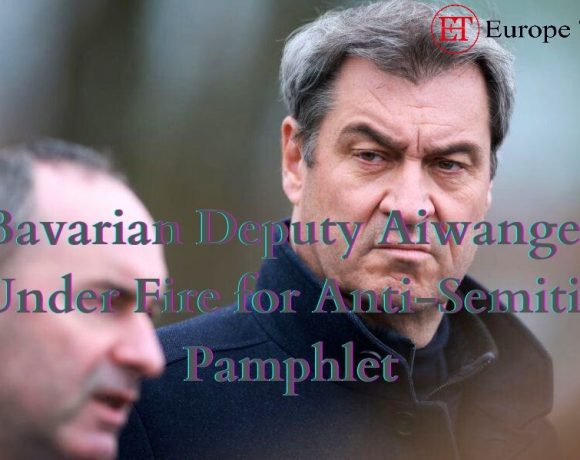
In an unprecedented turn of events in Paris this weekend, a significant demonstration took place in response to the Israel-Hamas conflict, drawing representatives from major political parties. Notably, the far right, including Marine Le Pen and Jordan Bardella of the National Rally, participated, while the far left, led by Jean-Luc Mélenchon of France Unbowed, boycotted the event, citing it as a gathering for supporters of the Gaza massacre.
This shift is symbolic, considering historical political dynamics in France. Traditionally, the far right was ostracized due to its perceived anti-Republican views, especially on Jewish issues. The far left, on the other hand, despite criticism, remained part of the broader political spectrum. However, the current scenario reflects a shake-up in the political landscape.
The contemporary far right in France, now labeled as “hard right” or “national right,” has shifted focus from past anti-Semitic stances to prioritize issues such as immigration, insecurity, and Islamism, aligning with some Jewish perspectives. Meanwhile, the far left interprets the Gaza conflict through an anti-colonial lens, emphasizing solidarity with the oppressed against perceived superpower aggression.
This unusual alignment sees a party with a history of Holocaust denial, like the National Rally, supporting French Jews openly. Conversely, a party built on human rights and equality, like France Unbowed, faces accusations of antisemitism for not condemning Hamas as a terrorist organization.
While nuances exist, the overall trend shows the National Rally under Marine Le Pen successfully integrating into the mainstream, while France Unbowed under Jean-Luc Mélenchon appears to be distancing itself. Opinion polls reinforce this, with Marine Le Pen leading in presidential election polls, while Mélenchon’s support has declined.
Serge Klarsfeld, a prominent figure in the fight against antisemitism in France, acknowledges the irony. He appreciates the far right’s departure from antisemitism, seeing it align with Republican values, yet expresses sadness over the far left’s perceived abandonment of efforts to combat antisemitism.
Picture Courtesy: Google/images are subject to copyright

